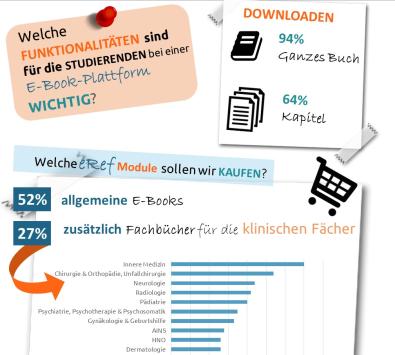In May and June 2022, the University Medical Library conducted a broad-based test of digital learning tools to decide how students and teachers can best be supplied with literature and information in the future. We would like to take this opportunity to thank everyone who took part in the survey.
The test included a wide range of medical learning tools – from learning platforms to digital books and learning videos to apps. Some tools were already licensed or ordered, others were being tested.
The evaluation ran from 07/06 – 30/06/2022 and was aimed at all students and employees of the University Medical Center faculty.
Decision: The results of the survey were presented to the faculty's committees in November 2022 and decisions were made with lecturers and students.
Learning platforms
Due to the energy crisis, only funds for a learning platform are available in the faculty. The clear vote fell on Amboss, which will continue to be licensed:
E-Book Packages
Thieme eRef will be extended by two modules, so that access to four modules will soon be available:
- Surgery & Orthopedics (already licensed)
- Dentistry (already licensed)
- Internal medicine (from 2023)
- Radiology (from 2023)
In addition, Meditricks, all German-language Springer e-books, as well as e-books from various publishers, are still available.
An overview of all electronic resources can be found on the Clinical Medicine information page.
438 students answered the survey, which means a recall of 13% (14% for human medicine and 6% for dentistry).
Five areas were surveyed:
- Usefulness of the tested learning tools and purchase recommendations
- For what purposes the tested learning tools are used
- Importance of the content offered by the tested tools and their use
- Features that are important for study and exam preparation
- Top functionalities of e-book platforms
Afterwards there was the opportunity for praise, criticism and comments.
Who answered the survey?
Of the 438 participants, 410 were medical students and 28 were dental students.
Participants were able to use three learning platforms: AMBOSS, via medici and Meditricks; five E-Book platforms: ProQuest e-Book Central, beck ELibrary, De Gruyter, ClinikalKey Student, SpringerLink and Thieme eRef as well as threespecial interest offerings: Test DermaCompass, Heidelberg Clinical Standards and Scanbooster .
Among the learning platforms 87% tried AMBOSS, followed by via medici (76%) and Meditricks (56%). About 60% of the students who used via medici were in the preclinical stage. Meditricks was tested by only 2% of dental students.
Among e-book platforms Thieme's eRef clearly stands out for 55% of the respondents who tries it. This could be due to the fact that the platform contains textbooks and reference books from medicine and dentistry as well as specialist journals and review articles. In addition to medical specialist training, content for study and teaching is also available, for example Prometheus Anatomie or Duale Reihe Anamnese und Klinische Untersuchung. About 30% of students tried SpringerLink. Here you will find, among other things, all German-language medical and dental textbooks and reference books as well as reference guides from Springer Verlag, for example human physiology or oral and maxillofacial surgery. Only 11% tested Elsevier's ClinicalKey Student.
The special interest offerings were used by the participants as follows: Scanbooster (13%), an ultrasound training app, Heidelberg Clinical Standards (7%), including textbooks with matching instructional videos on examination methods, standard procedures and interviewing, and finally DermaCompass (3%), a diagnostic tool for dermatology.
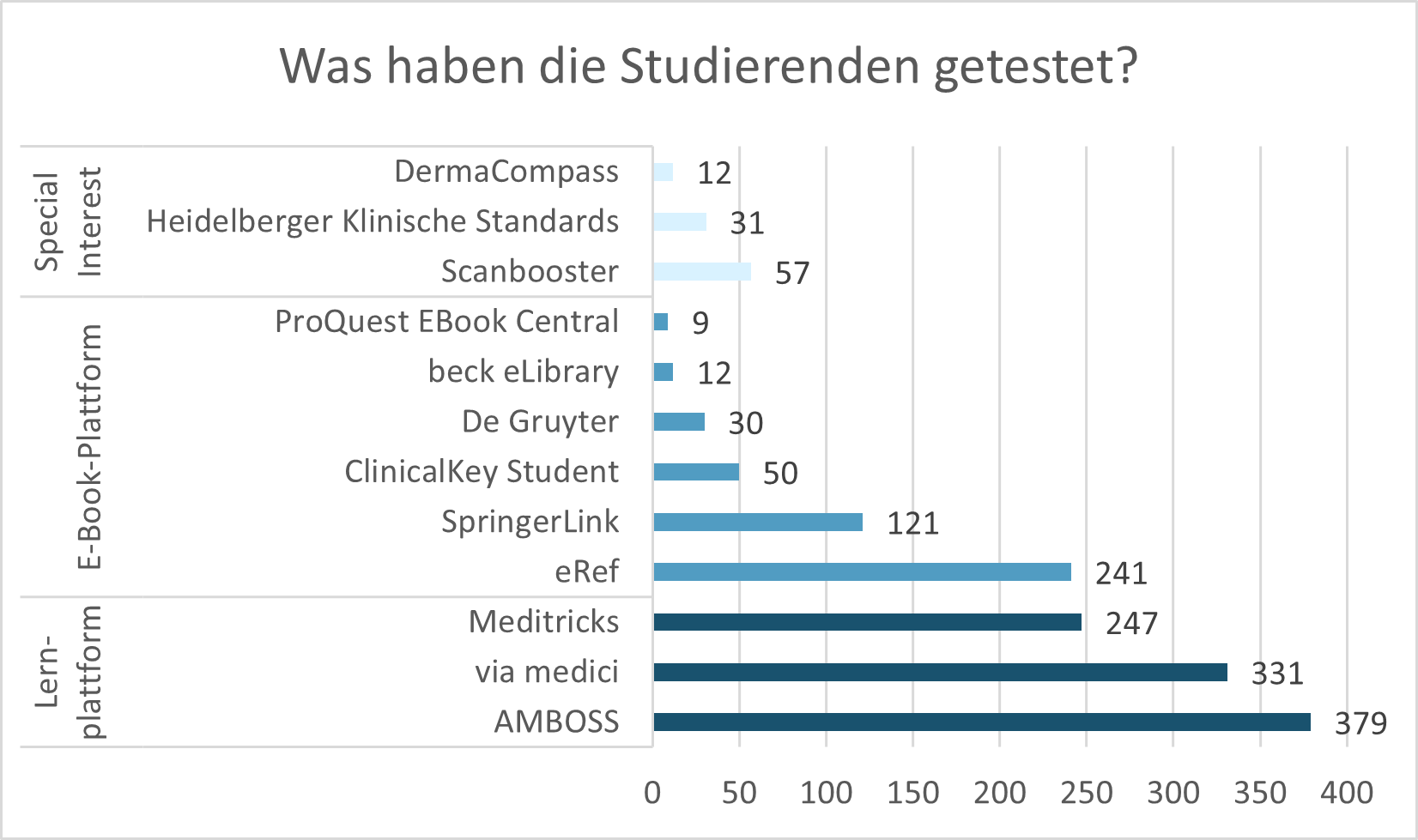
Figure 3. Tools tested by students
In the fifth question, participants were asked: "Do you find the tested e-books and e-journals, apps or video and learning platforms useful? Would you recommend that the library purchase them?"
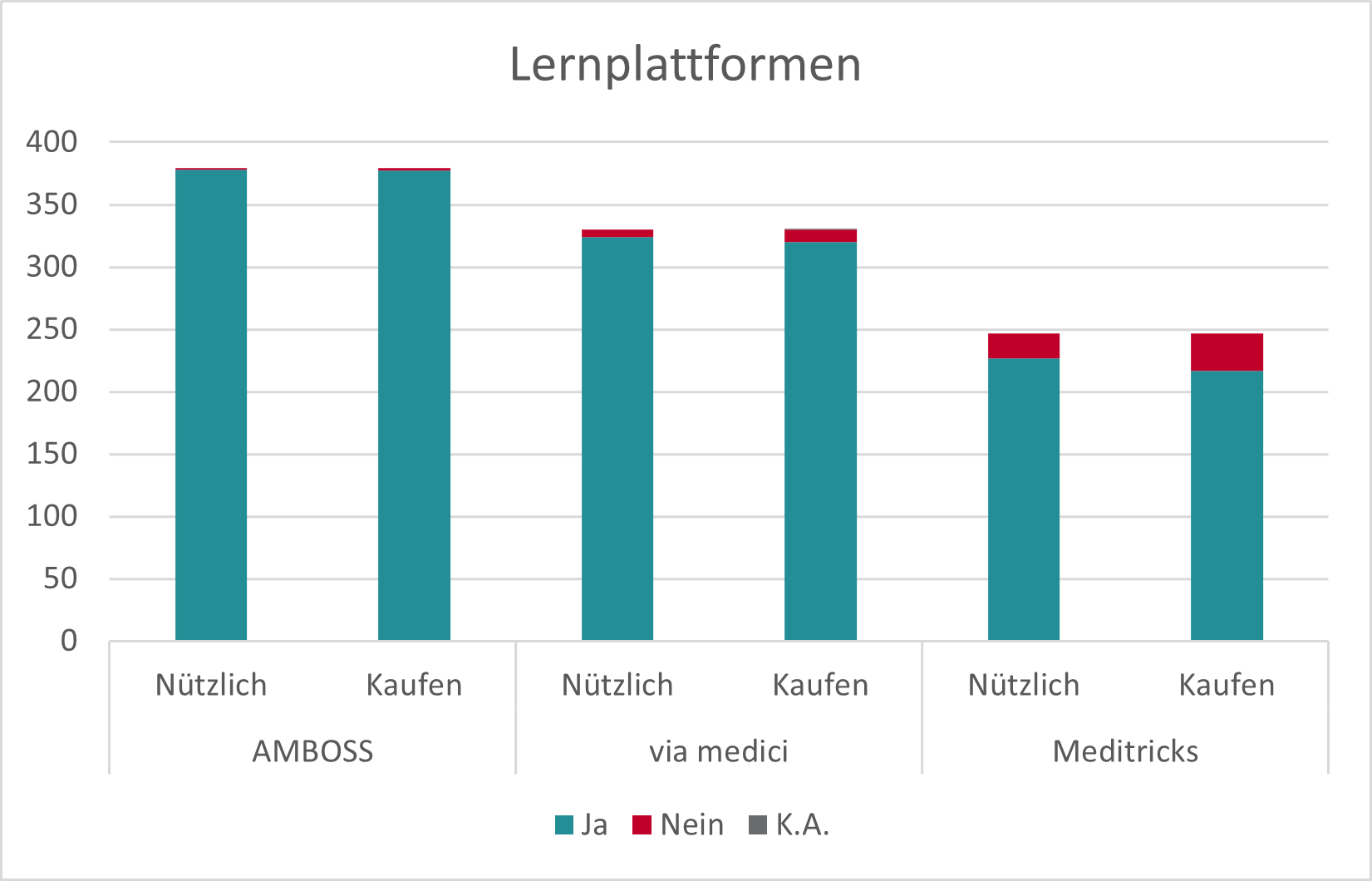
Figure 4. Usefulness of and purchase recommendations for the tested learning platforms
295 out of 438 respondents had five minutes to answer more detailed questions about the products tested.
We wanted to know how our users would use the learning tools we tested; exam preparation, everyday learning, or both. Learning platforms are mainly used for learning. Of particular note is AMBOSS, which is used both for learning and exam preparation.
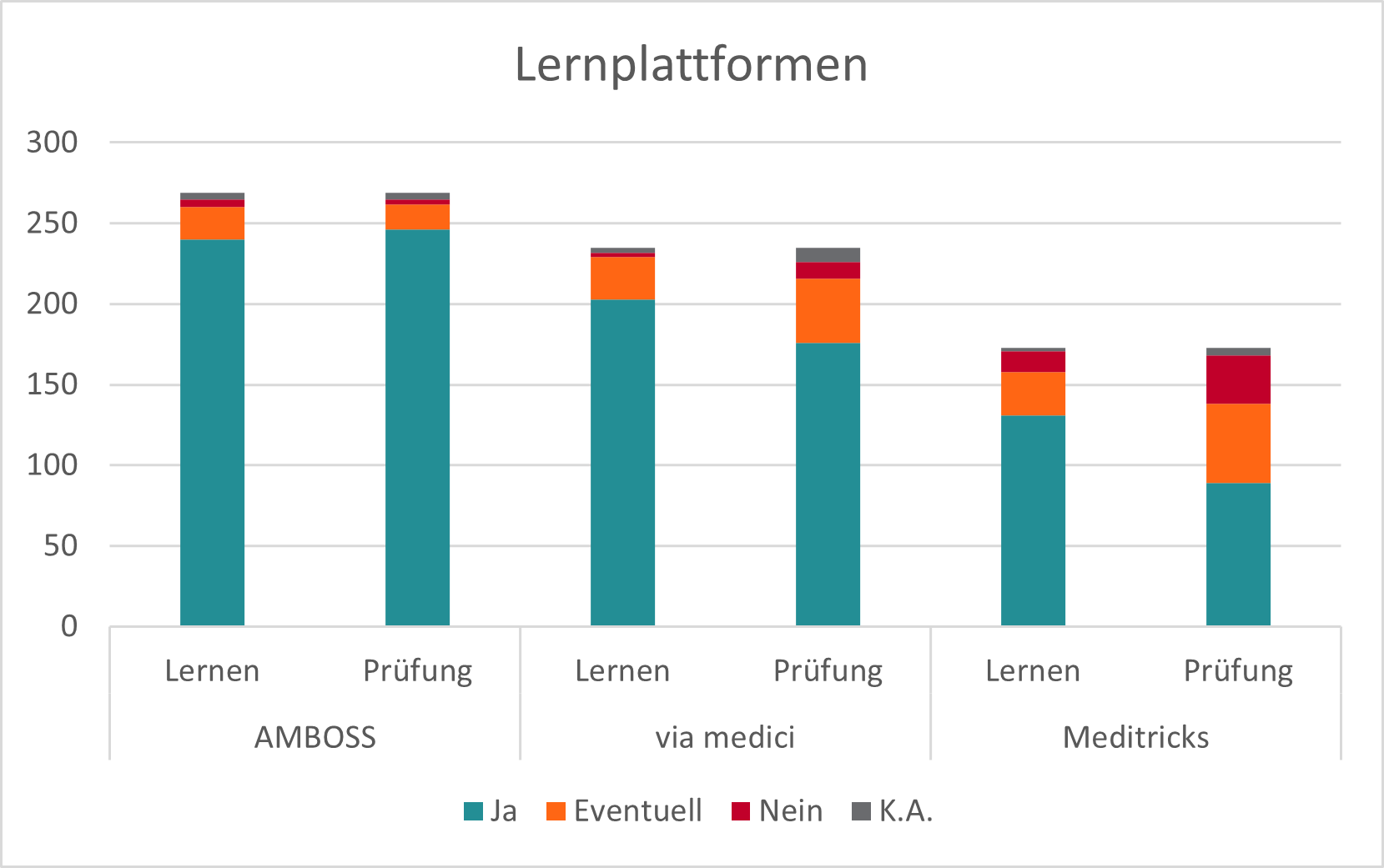
Figure 7. Uses of the tested learning platforms
After analyzing the content offered on the different platforms, we identified six important categories: Media (illustrations, podcasts and videos), interactive learning media (quizzes, overlays), IMPP questions, 3D models, case studies and textbooks. We asked our users what content is important to them and what they would use it for.
Most students (> 50%) use the various contents for both learning and exam preparation.
The textbooks stand out, with 35% using them only for learning, and the IMPP questions, which 31% use only for exam preparation.
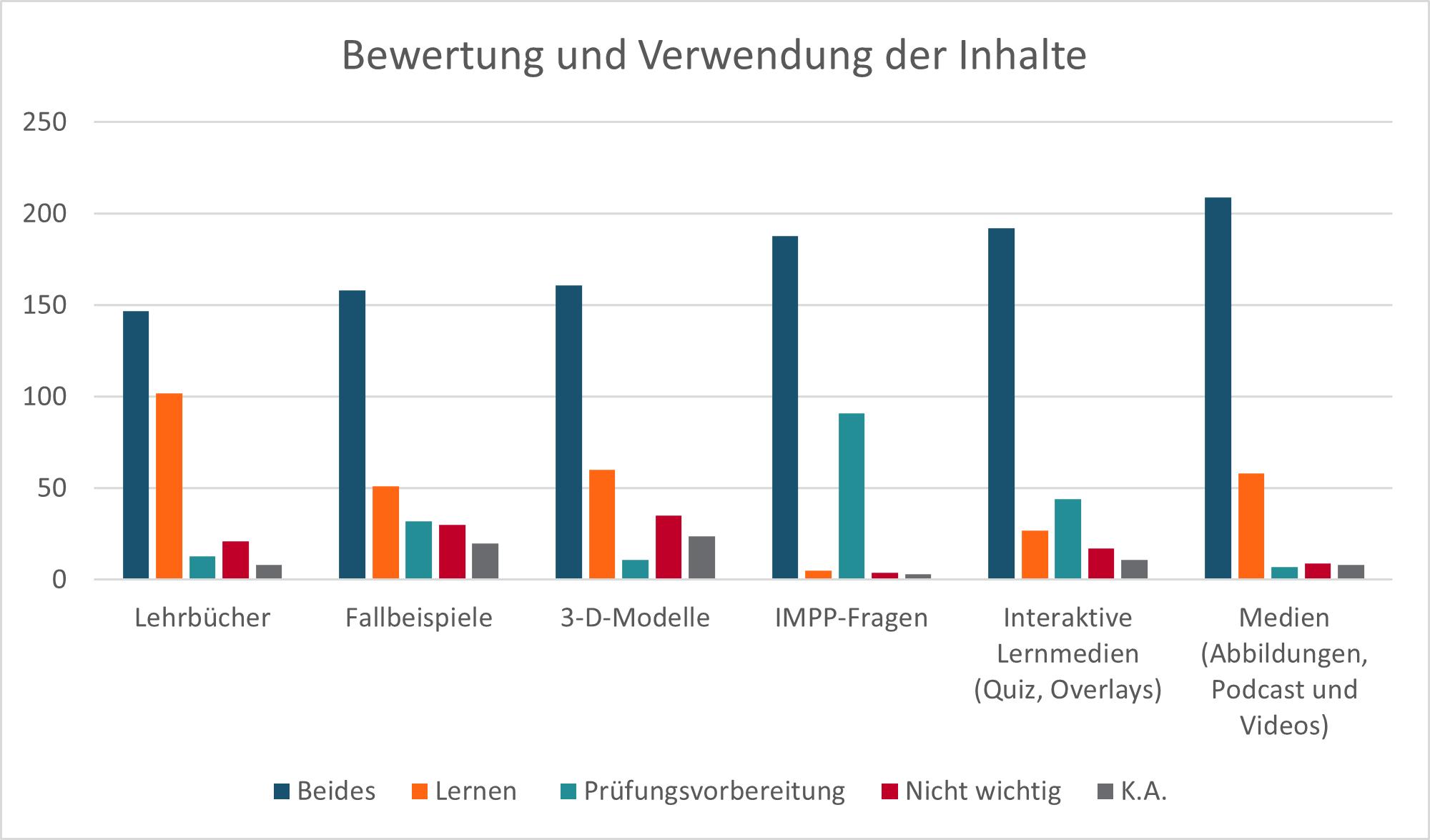
Figure 10. Evaluation of the content offered by the tested tools and their use
After analyzing the content offered on the different platforms, we identified six important categories: Media (illustrations, podcasts and videos), interactive learning media (quizzes, overlays), IMPP questions, 3D models, case studies and textbooks. We asked our users what content is important to them and what they would use it for.
The providers of the different learning platforms offer different features. We identified twelve features and asked about their importance and use.
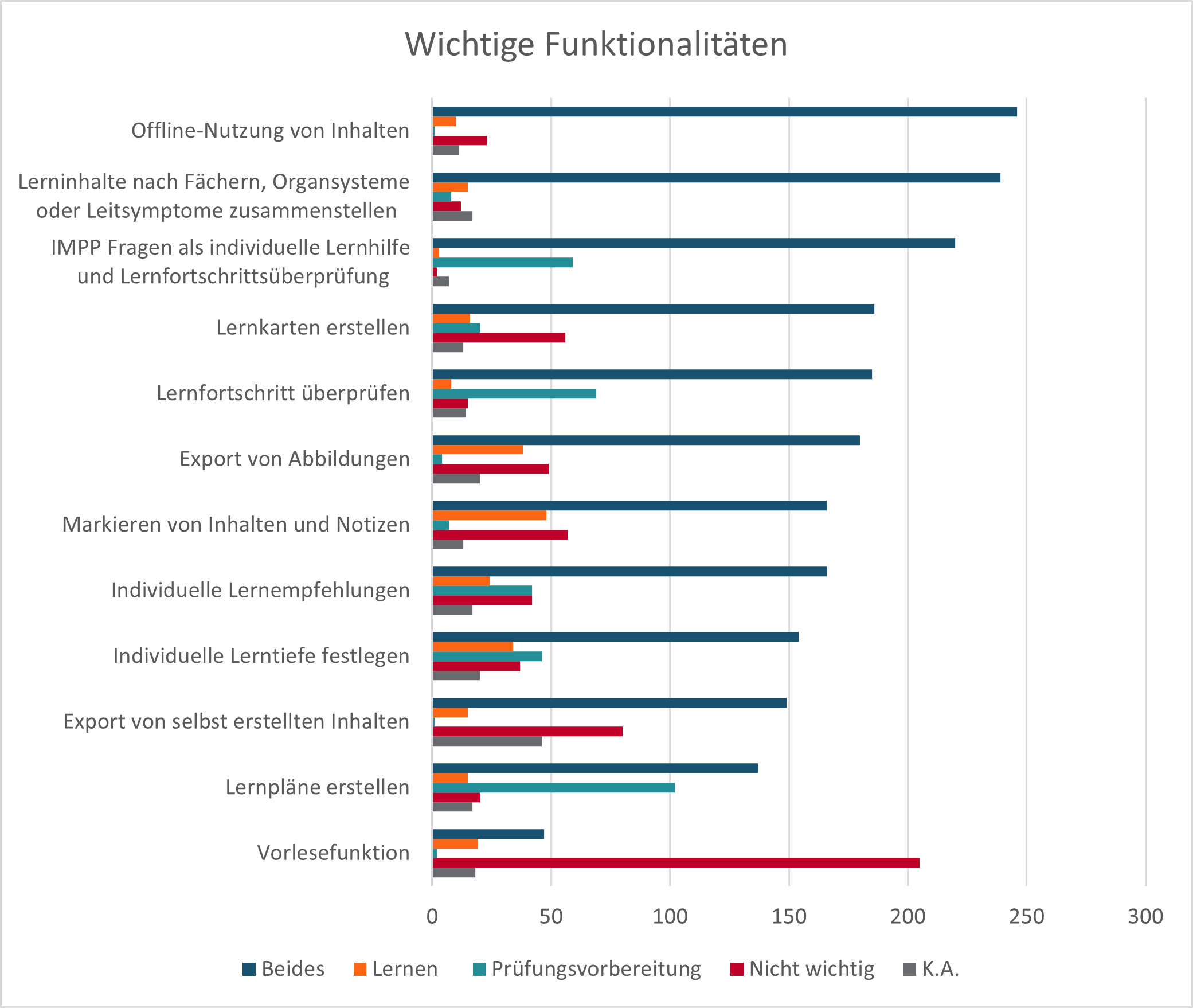
Figure 11. Features that are important for study and exam preparation
In addition, the various providers of e-book platforms offer different features to encourage students to use their products. In question 10, the participants were asked, "Which features are important for you in an e-book platform?"
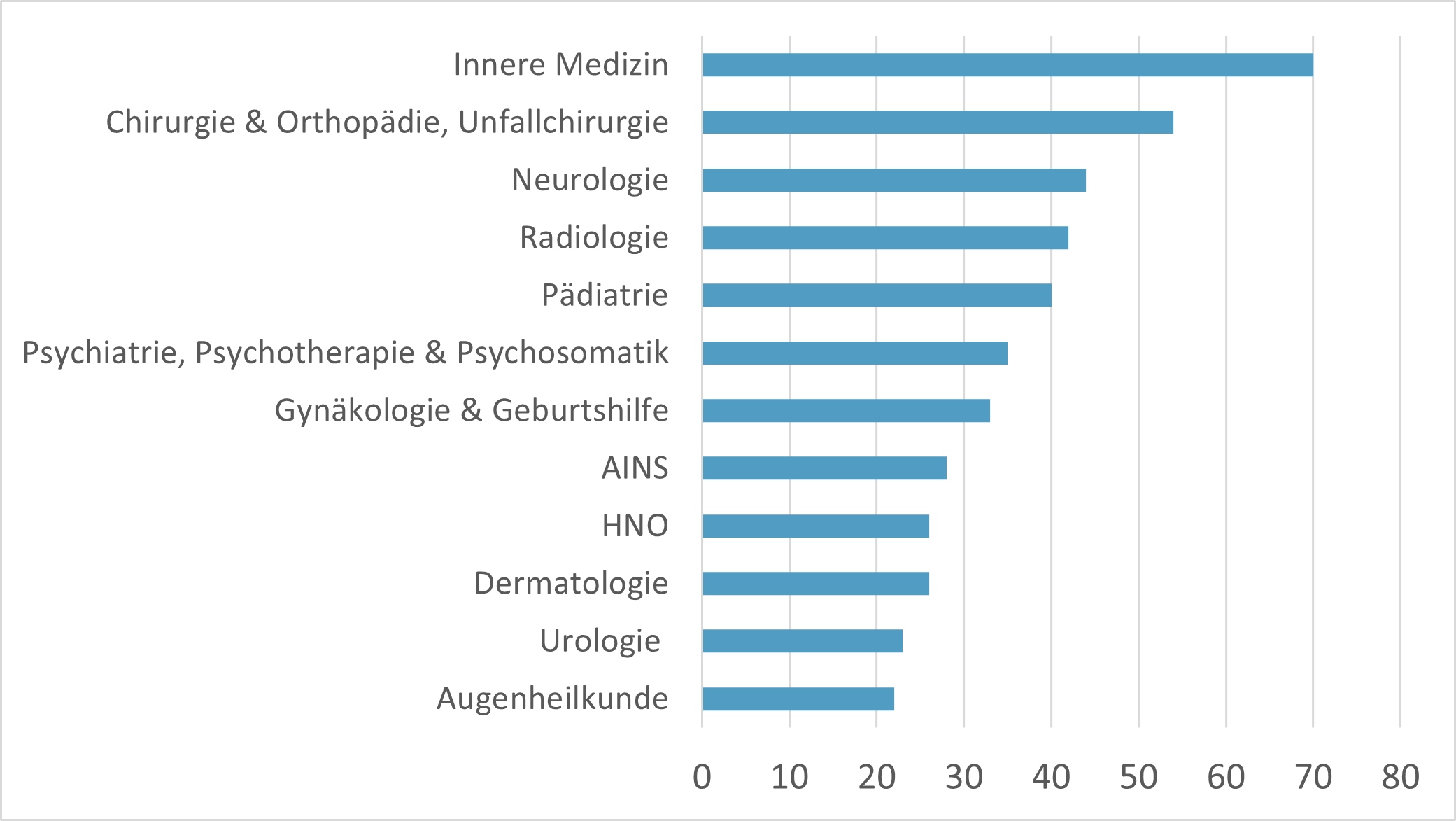
Figure 12. Additional subject-specific eRef modules that the library should purchase
In addition to the comments on the various tools, the survey participants also had the opportunity to make a general final comment, praise or criticism.
SELECTION OF FINAL COMMENTS
Various factors play a role in the evaluation of the products:
- Are they used for learning or exam preparation in the narrower sense (IMPP questions)?
- Are they equally interesting for teachers and learners?
- How is the transfer of content into one's own teaching media such as Moodle or learning media such as Anki flashcards regulated – technically and legally?
- What is the financial framework?
The following evaluation takes into account the survey results, the in-person discussions and individual feedback.
The discussions in the Clinical Medicine Student Council and with individual students essentially coincide with the survey results.
Unfortunately, not many lecturers took part in the survey. Together with the assessment of the teaching officers who are involved in the medical didactics program, valuable conclusions could nevertheless be drawn about the needs of the teachers.
Learning platforms
A clear result is the importance of learning platforms such as AMBOSS or via medici for students. At least one, but preferably both, should be made available. AMBOSS facilitates the transfer of content with favorable legal frameworks and tools (Anki add-on). Thieme via medici is also interesting because many textbooks are available, but the transfer of content is very limited. Meditricks is a valuable addition to learning, especially for many students, and should continue to be available.
E-book platforms
Among the e-book platforms, Thieme eRef is very popular and should be extended to other subjects (depending on a possible via medici licensing and the e-books contained therein). The SpringerLink platform is popular with students and teachers alike – also due to the generous download options – and should be further expanded. Surprisingly, the Elsevier ClinicalKey Student platform found little popularity, although interesting textbook titles are included. The complicated access and possible uses probably play a major role in this. The other e-book platforms have been little tested. Presumably individual e-books contained in them play an important role, as proven by the usage statistics, but the platforms as a whole do not.
Special Interest Products
One conclusion with the special interest products is that they should be integrated into teaching for successful use, especially for the ultrasound app Scanbooster. The Heidelberg Clinical Standards can be used as e-books or methodological instructional videos for various purposes. As a non-profit product of a university hospital, they must also be evaluated differently strategically and financially.
In cooperation with the faculty of University Medical Center, students and teachers, the library would like to make the best possible offer with the available funds. We hope that we will live up to this claim and will continue to build on our successful cooperation with you in the future.
Contact
Do you have questions or feedback? The team of the University Medical Library will be happy to help you:










